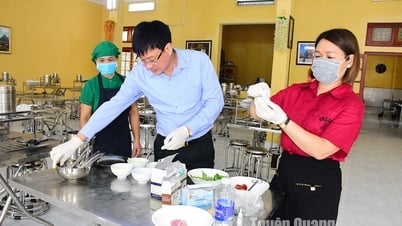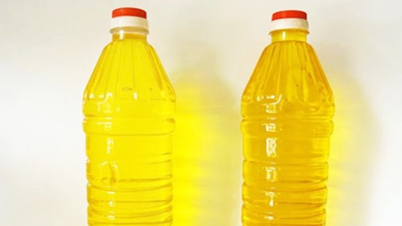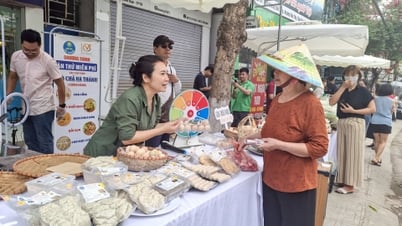To proactively control food safety and ensure the health of candidates, in addition to inspecting and supervising the compliance with food safety regulations of food production, processing and trading establishments in areas with examination sites, the Food Safety and Hygiene Department has increased propaganda andeducation on food safety knowledge and measures to prevent and combat food poisoning for food processors and traders at food service establishments, collective kitchens, school canteens, sidewalk eateries and street food stalls. At the same time, it has instructed parents on how to ensure food safety for their children.
Specifically:
1. Food choices:
- Prioritize fresh food with clear origin, avoid buying food of unknown origin and unhygienic.
- With vegetables and fruits: choose fresh vegetables and fruits, not crushed, no strange smell.
- Fish, shrimp and crab meat must be fresh, retain normal color, and show no signs of spoilage.
- Do not use dry foods that are moldy or wormy; do not eat foods that are not covered properly; avoid eating raw foods such as fish salad, rare beef, vermicelli with shrimp paste.
- Avoid buying food that has been left overnight or not properly preserved.
2. Food processing:
- Wash hands thoroughly with soap before preparing food and after handling raw food.
- Use clean, hygienic kitchen utensils.
- Food must be thoroughly cooked, especially meat, fish and eggs.
- To ensure safety, eat food while it is still hot and just cooked. For foods that do not need to be cooked, such as bananas, oranges, melons and other fruits, eat them immediately after peeling or cutting them.
3. Food preservation:
- Cooked food must be covered, stored in the refrigerator, and not mixed with raw food.
- Cover food to keep out insects and pests.
- Before eating, reheat food to ensure safety.
- Notes when eating and drinking:
- When using cakes, milk, and prepackaged foods, you must carefully check the expiration date, origin, and ingredients of the product. Absolutely do not use canned products that have expired, are swollen, flattened, deformed, rusted, are no longer intact, or have unusual flavors or colors.
- Be careful with brightly colored foods; limit eating foods with attractive flavors due to additives and chemicals.
- Evaluate your senses before eating or drinking. You should try the food or drink. If the drink tastes sour, fermented, or has an unusual smell, stop immediately.
- Do not use old books or newspapers to wrap cooked food.
- Always wash your hands thoroughly before preparing food and before eating.
Source: https://baohungyen.vn/bao-dam-an-toan-thuc-pham-cho-si-tu-3182042.html


![[Photo] General Secretary To Lam receives Australian Ambassador to Vietnam Gillian Bird](https://vphoto.vietnam.vn/thumb/1200x675/vietnam/resource/IMAGE/2025/6/26/ce86495a92b4465181604bfb79f257de)
![[Photo] Candidates take the first graduation exam with the new Literature topic](https://vphoto.vietnam.vn/thumb/1200x675/vietnam/resource/IMAGE/2025/6/26/dfded9e317554c25a3e26defe672ebb7)











































































































Comment (0)